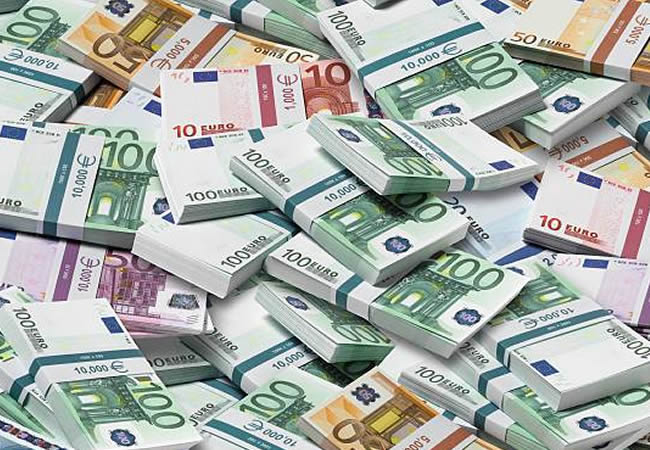The Nigerian Exchange Limited (NGX) experienced a dramatic downturn in foreign portfolio investment in April 2025, plummeting by a staggering 90.99% to N63.07 billion, a stark contrast to the N699.89 billion recorded in March. This precipitous decline followed an exceptional surge in March driven by substantial block trades, which significantly inflated foreign inflows. The absence of such large-scale transactions in April exposed the underlying fragility of foreign investor engagement, resulting in their participation shrinking to a mere 13.08% of the total market turnover for the month. This drastic reduction underscores the volatility inherent in foreign investment flows and their susceptibility to fluctuations based on specific, high-value transactions. The reliance on such transactions raises concerns about the sustainability of foreign investment in the NGX and highlights the need to attract more consistent and diversified foreign capital.
The overall trading activity on the NGX mirrored the downturn in foreign investment, with total transactions contracting by 56.79% to N482.04 billion in April from N1.115 trillion in March. This decline, equivalent to $301.90 million in April compared to $725.86 million in March based on official CBN exchange rates, further emphasizes the impact of reduced foreign participation. The sharp decrease in trading volume suggests a potential cooling of investor sentiment towards the Nigerian market, possibly influenced by global economic factors or domestic policy uncertainties. This contraction underlines the interconnectedness of the NGX with the broader global financial landscape and the importance of maintaining a stable and attractive investment environment to stimulate market activity.
Despite the significant retreat in foreign investment, domestic investors provided a crucial counterbalance, maintaining market momentum and demonstrating resilience. Domestic transactions saw a marginal increase of 0.81%, reaching N418.97 billion in April, up from N415.62 billion in March. This resilience suggests a continued confidence in the Nigerian market by domestic investors, who accounted for 86.92% of the total transaction value in April. This strong domestic participation serves as a vital buffer against the volatility of foreign investment, underscoring the importance of a robust domestic investor base for market stability and sustained growth.
A deeper analysis of domestic investment activity reveals a clear divergence between institutional and retail investors. Institutional investors, representing larger financial entities like pension funds and asset management companies, spearheaded domestic transactions, registering an 8.77% increase to N237.66 billion in April from N218.50 billion in March. Conversely, retail investors, typically individual investors, experienced an 8.02% decline, with transactions falling to N181.31 billion in April from N197.12 billion in March. This divergence suggests varying levels of confidence and investment strategies among different domestic investor segments. The increased activity by institutional investors could reflect their longer-term investment horizons and access to more sophisticated market analysis, while the decline in retail participation might indicate a higher sensitivity to short-term market fluctuations.
Cumulative data for the first four months of 2025 reveals a significant increase in overall market activity compared to the same period in 2024. Total transactions from January to April 2025 reached N2.714 trillion, significantly surpassing the N1.894 trillion recorded during the same period in 2024. Domestic investors contributed N1.837 trillion (67.68%) to this total, while foreign investors accounted for N877.12 billion (32.32%). This substantial year-on-year growth, particularly in foreign participation – despite the April setback – suggests a growing interest in the Nigerian market, potentially driven by improved economic prospects or attractive investment opportunities. However, the April decline serves as a cautionary reminder of the need for continued efforts to build a more sustainable and less volatile foreign investment landscape.
Long-term trends further illuminate the evolving dynamics of the Nigerian capital market. From 2007 to 2024, domestic transactions witnessed a robust growth of 33.15%, surging from N3.556 trillion to N4.735 trillion. Foreign transactions also recorded a healthy expansion of 38.31%, increasing from N616 billion to N852 billion over the same timeframe. These long-term growth trajectories demonstrate the increasing depth and sophistication of the Nigerian capital market, as well as its growing integration with the global financial system. The sustained increase in both domestic and foreign participation underscores the long-term potential of the NGX, while also emphasizing the need for policies that promote market stability, transparency, and investor confidence to ensure continued growth. The February 2025 decline in trading activity, as reported by The PUNCH, highlights the ongoing fluctuations and challenges faced by the market. While the long-term trend points towards growth, the periodic dips reinforce the need for continuous monitoring and adjustments to maintain a healthy and vibrant market environment.


